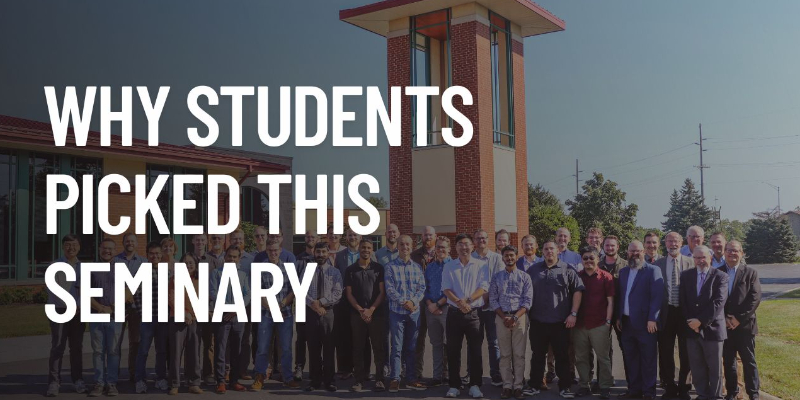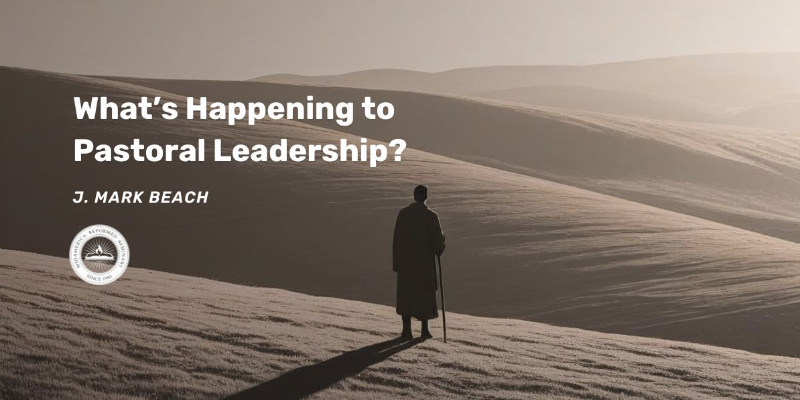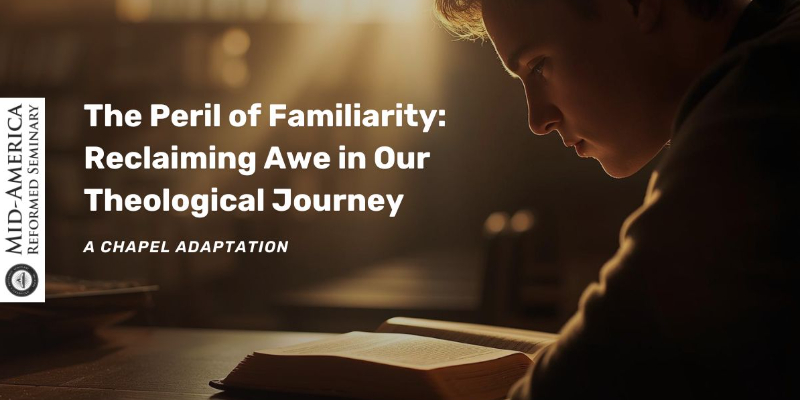
Breaking Down the Dividing Wall of Hostility
This article was previously published in the September 2020 issue of The Messenger.
“But now in Christ Jesus you who once were far off have been brought near by the blood of Christ. For He Himself is our peace, who has made us both one and has broken down in His flesh the dividing wall of hostility ….” (Eph. 2:13-14)
One of the most frustrating aspects of present discussions about the coronavirus pandemic and race relations in America is that everything is politicized. Whether in printed or electronic media, the messages we read and hear bear an uncanny resemblance to “propaganda.” Rather than a sober reflection upon complex issues, we are served with political sloganeering and posturing in order to advance a specific agenda. Truth-telling counts for little. Winning the argument is all that matters, even if it means shouting loudly and bullying dissenters into silence. Civility in public discourse is displaced by power politics and shaming those who might hold a contrary opinion.
Our present circumstance reminds me of a remarkable book that I read while in seminary. Authored by a French Reformed theologian, Jacques Ellul, the book bore the striking and prophetic title, The Political Illusion. Ellul’s thesis was simple, but profound: citizens of France, and likewise of many Western nation-states, have fallen prey to the illusion that there are political solutions for every problem. If we elect the right politicians who have the answer to what ails us, all will be well. At the root of the political illusion is an idolatry of the state. The one common denominator across the spectrum of political views—left, right, and center—is that some or another
government program will solve our problems and usher in a more just and peaceable kingdom. To express the matter in Kuyperian language, the “sphere” of the state has inserted itself into large swaths of modern life and culture. The legitimate, albeit limited, role of the state is displaced by a Leviathan-like state that swallows up everything in its path. My point is not to deny the importance of politics, but to emphasize that the ultimate solution to what ails us lies in the gospel of Jesus Christ. This is especially true with respect to any resolution of the real problem of racism in our society and in the church of Jesus Christ. What is most lamentable is that the evil of racism often resides in our own hearts and our churches where it should have no place. Whether we are willing to admit it or not, there are sinful walls of division and hostility between people of different races present in a place where they do not belong.
When the apostle Paul describes the church of Jesus Christ in Ephesians 2, he defines it as a temple, “a dwelling place for God by the Spirit” (v. 22). The church that Christ is building is a house whose members include Jews and Gentiles alike. Unlike the Old Testament temple where there was a wall of separation between Jews and Gentiles, the New Testament temple is a community of those who have been reconciled to God, and to each other, by the blood of Jesus. The only “bloodline” that counts in Christ’s church is the blood of Christ. Those who were formerly “strangers” to God and his covenant, are now “fellow citizens with the saints and members of the household of God, built on the foundation of the apostles and prophets, Christ Jesus Himself being the cornerstone” (vv. 19-20).
What Paul teaches us about the church in Ephesians 2 is not a political message or solution first of all. It is a deeply profound and beautiful portrait of the church of Jesus Christ as God intends it to be. Those who find peace with God through the shed blood of the one and only Savior, also find peace with also those who are found in Him. Christ’s death “kills” the hostility between Jew and Gentile and as well between any and all walls of separation that might otherwise be erected between those who belong to Him (v. 16). Strikingly, the apostle declares that this message of true peace between God and those who are purchased by the blood of Christ is the message Christ Himself preached (v. 17). When the church comes with the gospel of peace between God and those whom he reconciles to Himself, she does so because Christ Himself first preached this message to the church. He did so in order that He “might create in Himself one new man in place of the two, so making peace” (v. 15).
In the midst of the present tumult over the subject of racism in our society and world, the church needs desperately to preach the gospel of peace through the blood of Christ. The message of reconciliation through the blood of Christ offers, not a political illusion, but a radical answer to what ultimately disturbs our peace. But even as the church preaches this gospel, so it must labor to embody it in our life together as members of Christ’s body. For in the church of Jesus Christ, there is only “one Lord, one faith, one baptism, one God and Father of all” (Eph. 4:5-6).

Dr. Cornelis Venema serves as the President of Mid-America Reformed Seminary, as well as a Professor of Doctrinal Studies.
Recent articles




